Seaborn Organics faces a pivotal challenge in establishing the commercial viability of their Squid Juice product and turned to GTN’s Horticultural and Environmental Sciences Innovation Centre (HESIC) team at Niagara College to conduct a growth trial.
Success Stories
Using sheep’s wool as a media amendment in common greenhouse crops
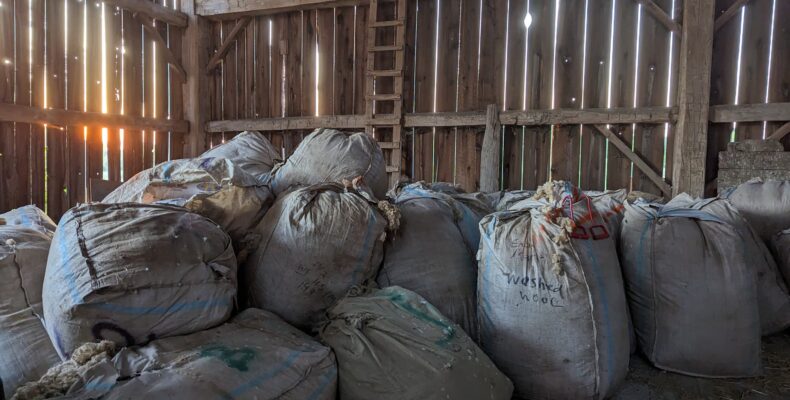
The objective of this study was to determine the effects of a novel sheep wool media amendment, produced by EcoWool Canada Inc. (EcoWool), on the health and growth of a variety of greenhouse-grown container crops.
Fungi a promising solution to vineyard pests
– As posted on Brock News by Cathy Majtenyi on Wednesday, November 13, 2024. There may soon be a new way to keep unwanted — and harmful — visitors out of vineyards. While grape mealybugs are commonly treated with a systemic insecticide, research at Brock University’s Cool Climate Oenology and…
Exploring the Agricultural Applications of Magnetic Resonance Imaging (MRI)
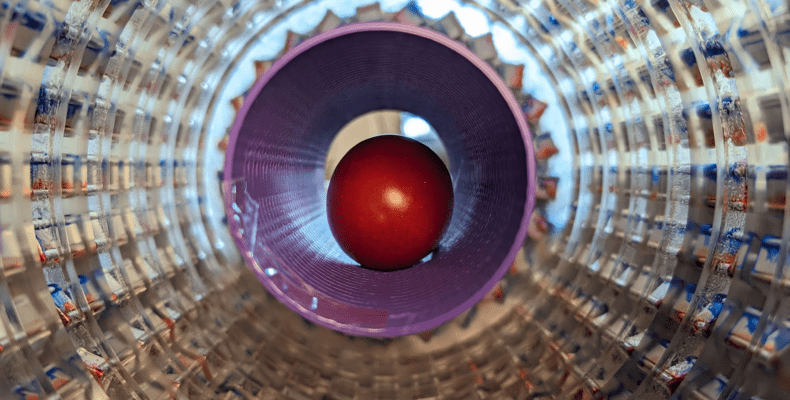
The University of Windsor worked alongside industry partner the Ontario Greenhouse Vegetable Growers (OGVG), who focus on research, food safety, energy, environment, and marketing for our members.
Ecowool Canada Inc.
Recognizing their need for support in commercialization, EcoWool approached the Business and Commercialization Innovation Centre (BCIC) at Niagara College to enhance the advancement of their product.
International Zeolite (IZ)
International Zeolite (IZ) turned to Niagara College’s Business and Commercialization team to understand their unique product’s marketplace using secondary research.
LumeSmart Inc.
LumeSmart Inc. approached the Business and Commercialization Innovation Centre (BCIC) at Niagara College Research and Innovation to undertake market research and to understand the current market conditions in the greenhouse growing space.
Brock-farm partnership tests the use of wool as a soil enhancer
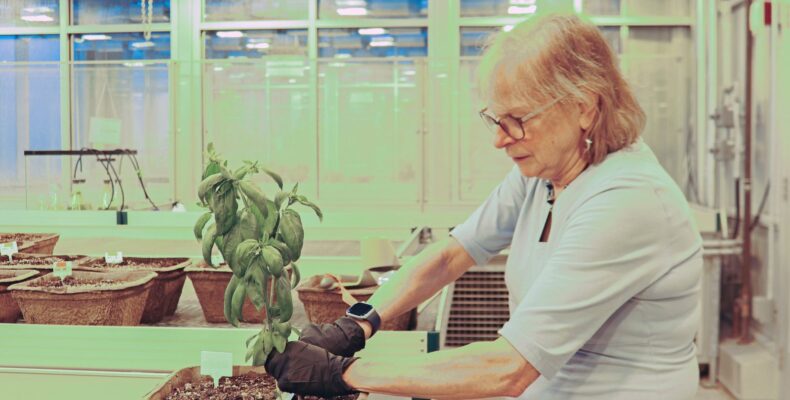
Jennifer Osborn of EcoWool reached out to Brock University to obtain research data on the benefits of wool pellets and how they enrich the soil.
Evaluation of leachate from selected biochar blend rates with commercial greenhouse media
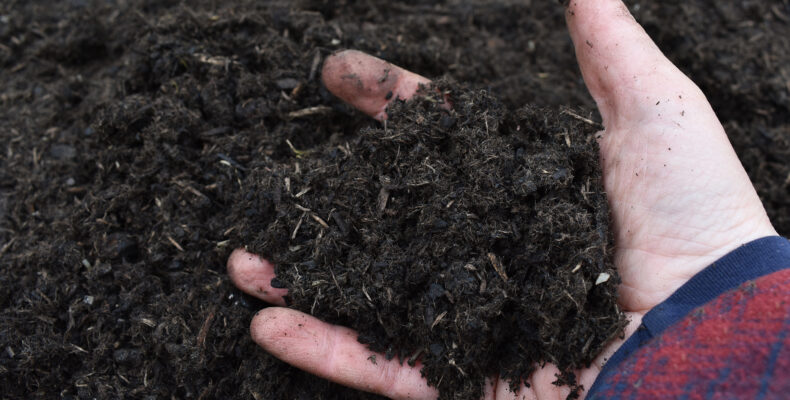
Biochar has been proven to be beneficial to agricultural operations by capturing nutrients in the soil and providing these nutrients back to the crops. Before biochar is to be used successfully as a soilless greenhouse media enhancement, its blend rate must first be determined, and this is why Walker tapped into HESIC’s expertise to help investigate this innovation challenge.
Evaluating the effects of biochar-amended media on fertilization and growth of basil and gerberas in a greenhouse setting
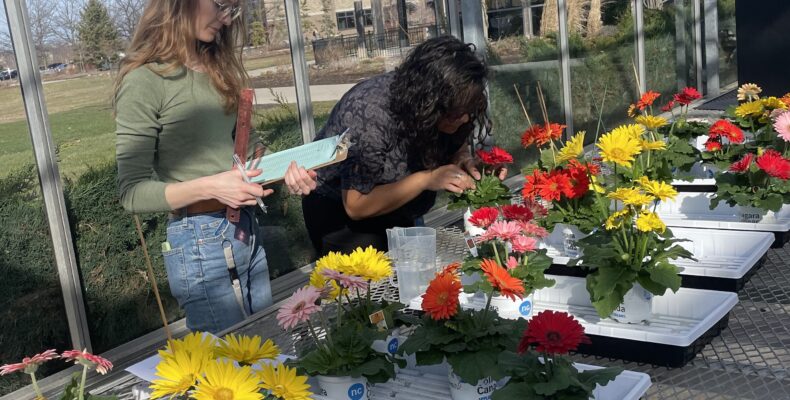
Before biochar is to be used successfully as a soilless greenhouse media enhancement, its blend rate must first be determined, and this is why Walker tapped into HESIC’s expertise to help investigate this innovation challenge.
